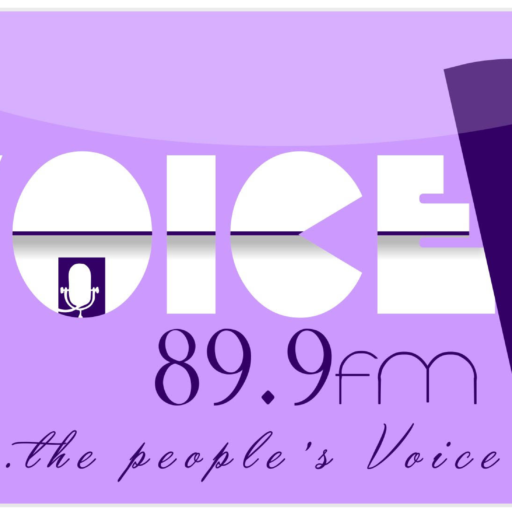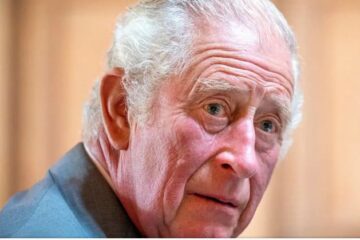
As the world marks 2023 World AIDS Day, the United Nations and its agencies have said that a world without AIDS is possible if the communities take the lead and show the areas of need and attention.
They also said this would be accomplished if the communities connect people with person-centred public health services, build trust, innovate, monitor the implementation of policies and services, and hold providers accountable.
Every year, on December 1, the world commemorates World AIDS Day, the day that people around the world unite to show support for people living with and affected by the Human Immunodeficiency Virus and to remember those who lost their lives to AIDS.
According to the UN, the world can end AIDS, with communities leading the way, saying that organisations of communities living with, at risk of, or affected by HIV are the frontline of progress in the HIV response.
The UN said, “But communities are being held back in their leadership. Funding shortages, policy and regulatory hurdles, capacity constraints, and crackdowns on civil society and the human rights of marginalised communities, are obstructing the progress of HIV prevention and treatment services.
“If these obstacles are removed, community-led organisations can add even greater impetus to the global HIV response, advancing progress towards the end of AIDS.
“This World AIDS Day is more than a celebration of the achievements of communities; it is a call to action to enable and support communities in their leadership roles.”
Speaking further, the Director-General of the World Health Organisation, Dr Tedros Ghebreyesus reiterated the role of communities in ending the global AIDS epidemic.
Ghebreyesus, in a video message on its official website said, “WHO affirms the vital role of the communities in leading the response to HIV. Thanks to the decades of activism, advocacy and support from affected communities.
“Millions of infections have been averted and a certain million people are receiving antiretroviral therapy. As for the services for children that have been increasingly delivered in the communities and the primary health care settings, communities and community health care workers are even more critical.
“Communities need our support and solidarity. We must stand together to ensure that they have the funding and resources to stand for human rights to fight stigma and to help us and AIDS for good.”
Also, UNAIDS said Communities’ leadership roles need to be made core in all HIV plans and programmes and their formulation, budgeting, implementation, monitoring and evaluation, saying, “Nothing about us without us.”
The Executive Director of UNAIDS, Winnie Byanyima, said, “The end of AIDS is possible, it is within our grasp. To follow the path that ends AIDS, the world needs to let communities lead.”
She noted that communities’ leadership roles need to be fully and reliably funded to enable the required scale-up and be properly supported and remunerated, saying that not ending AIDS is more expensive than ending it.
“Barriers to communities’ leadership roles need to be removed. An enabling regulatory environment is needed which facilitates communities’ role in the provision of HIV services, ensures civil society space, and protects the human rights of all, including marginalised communities, to advance the global HIV response. Remove laws that harm, and create laws that empower.
“Communities are leading World AIDS Day, and across the world are shaping the events and tailoring the detailed calls to their specific needs. Through photos and videos shared by groups on social media and aggregated by UNAIDS, people will be able to witness the kaleidoscope of events taking place, be inspired by the determination and hope, and hear communities’ calls for action,” UNAIDS added.
In the same manner, the International AIDS Society also called on all stakeholders to put communities first in the fight to end the global AIDS epidemic.
The President of IAS, Sharon Lewin, said, “We must recognise that communities impacted by HIV are the best, and most valid, source of information about what is needed in an effective HIV response.
“We must champion and help expand community-first solutions and approaches.
IAS remembers the people we have lost and reflects on how far we have come.
“It’s only by coming together that we will realise our vision of a world in which HIV no longer presents a threat to public health and individual well-being.
“Our IAS Members are leading and catalysing change in communities around the world.”

